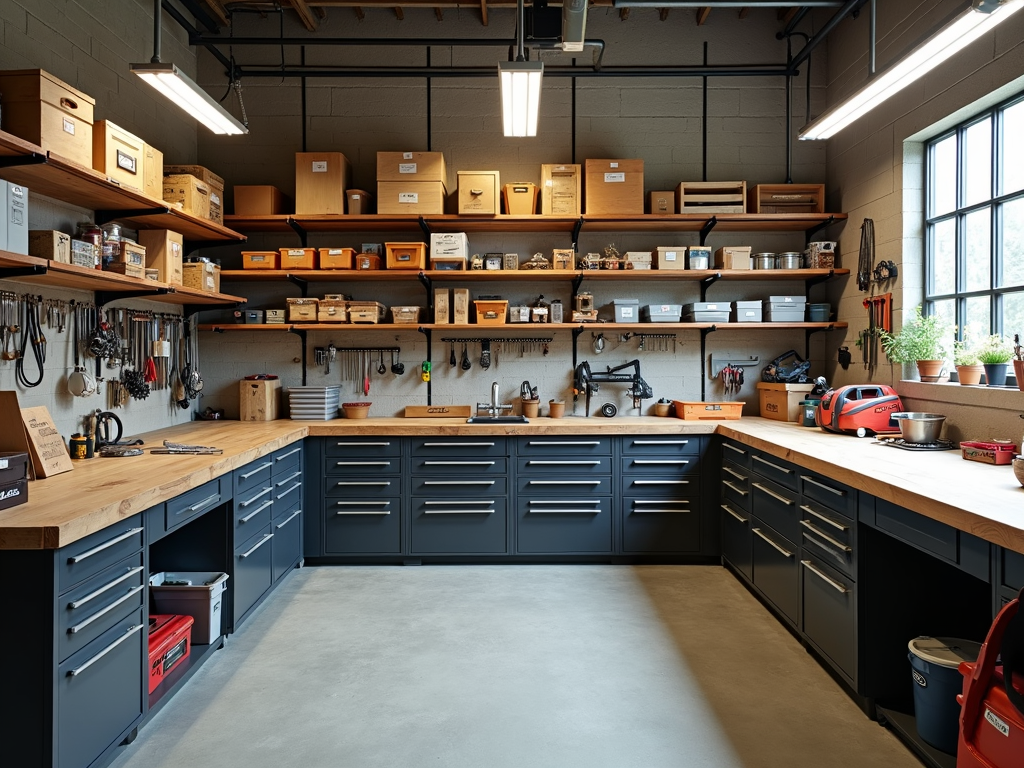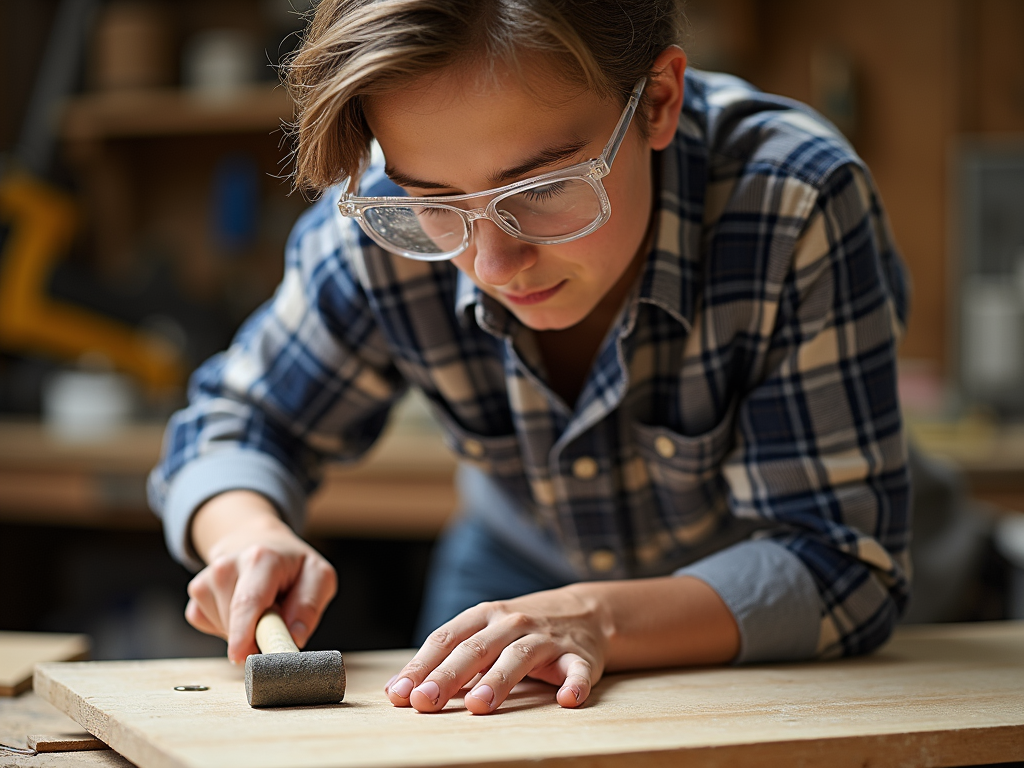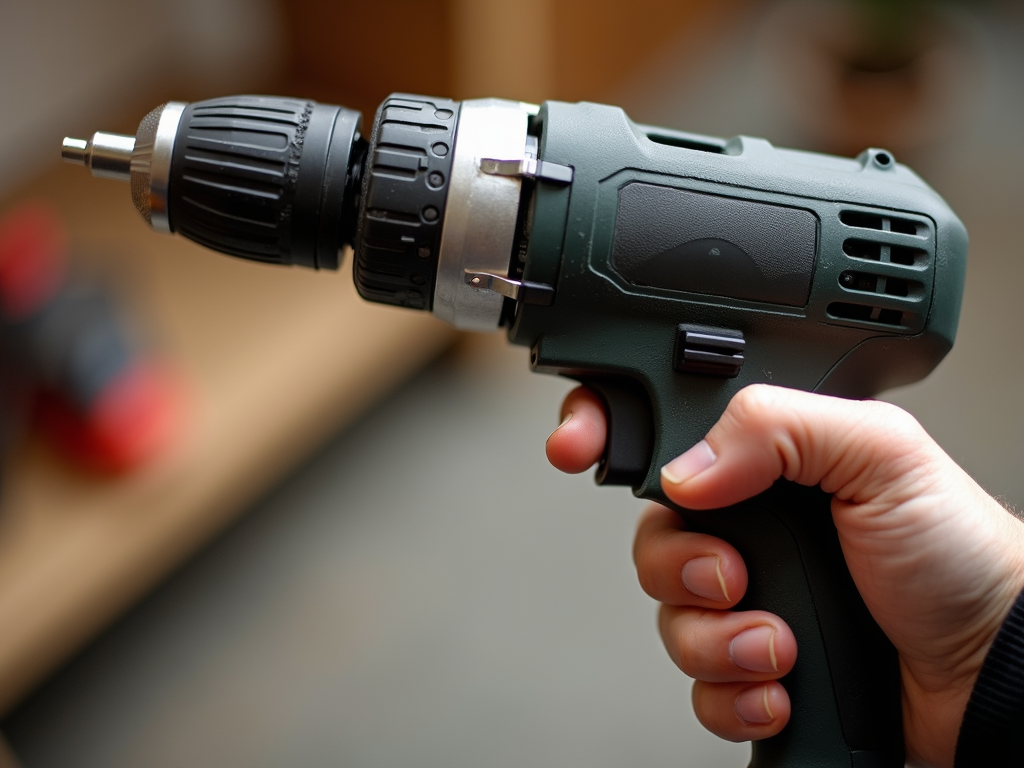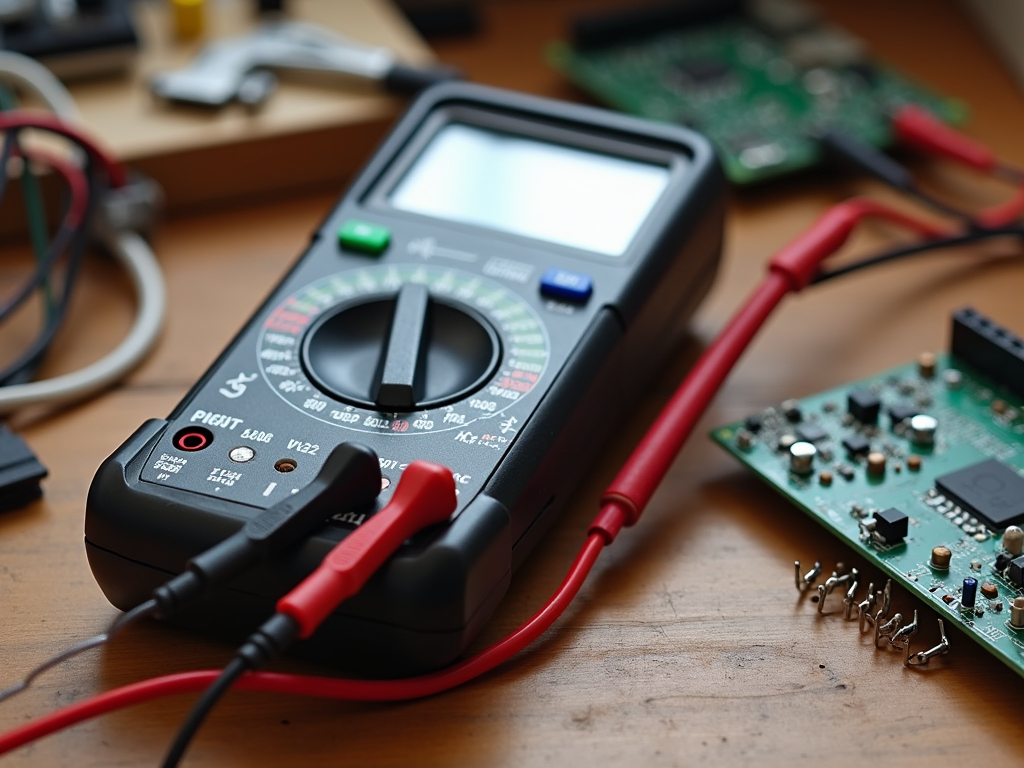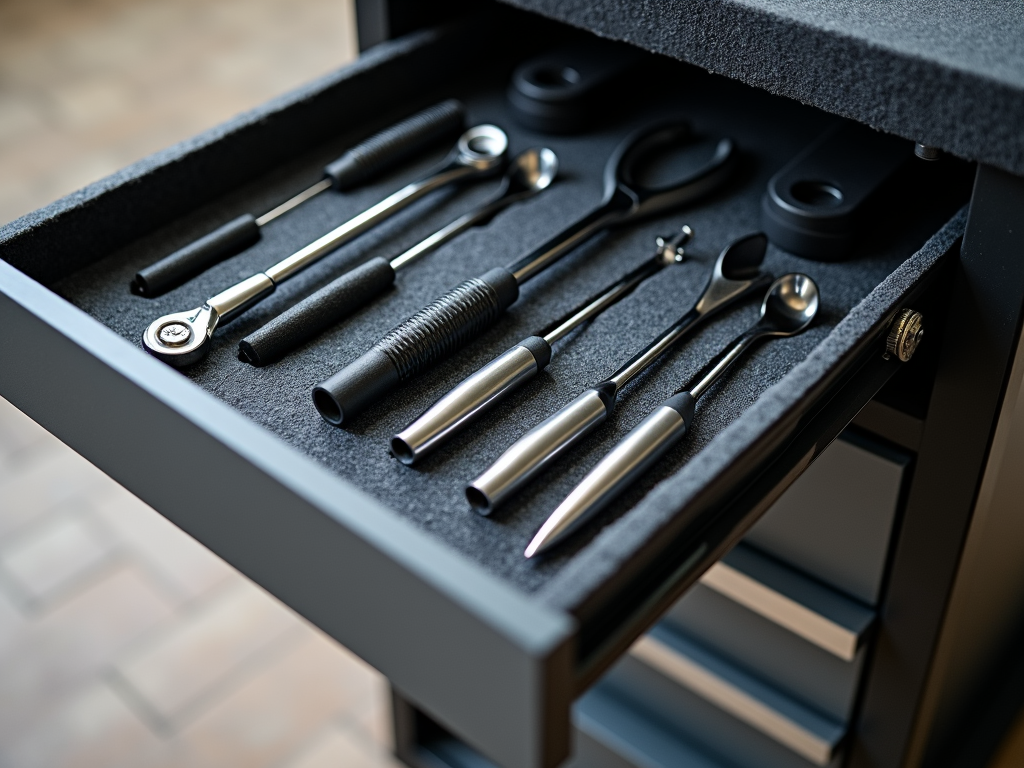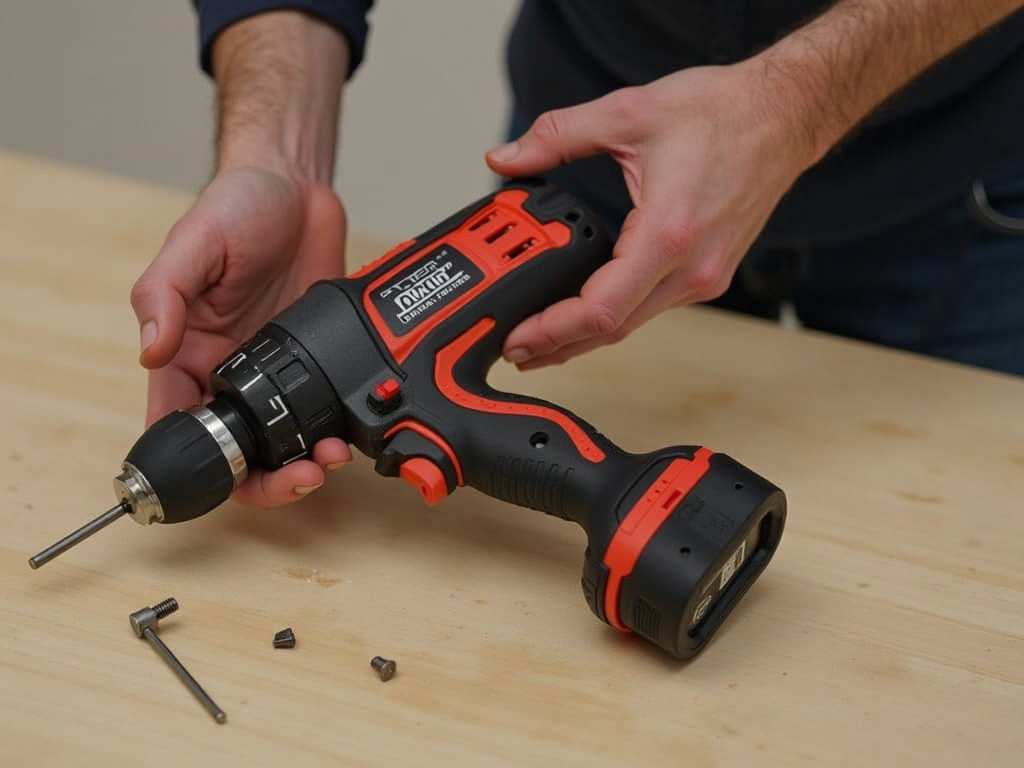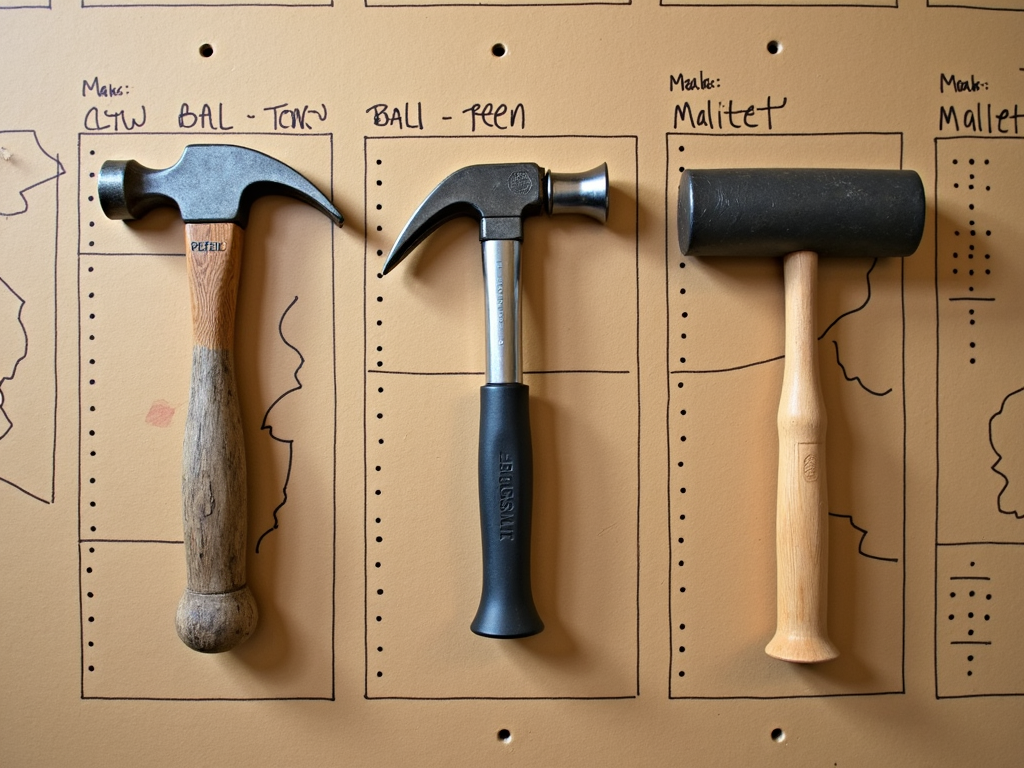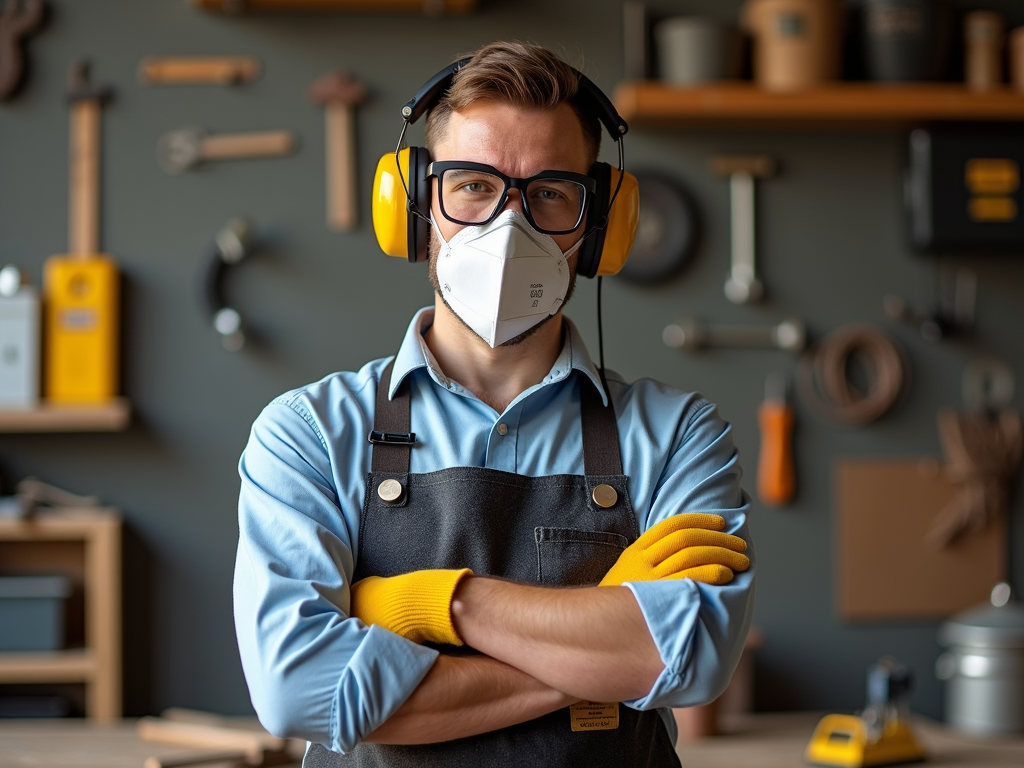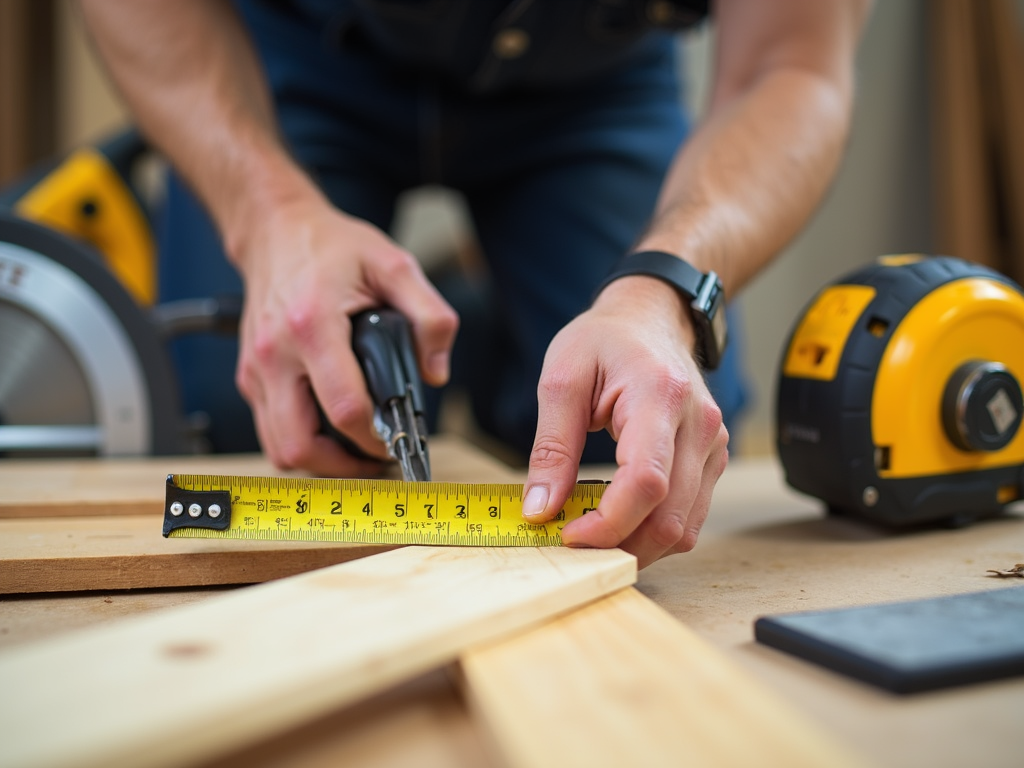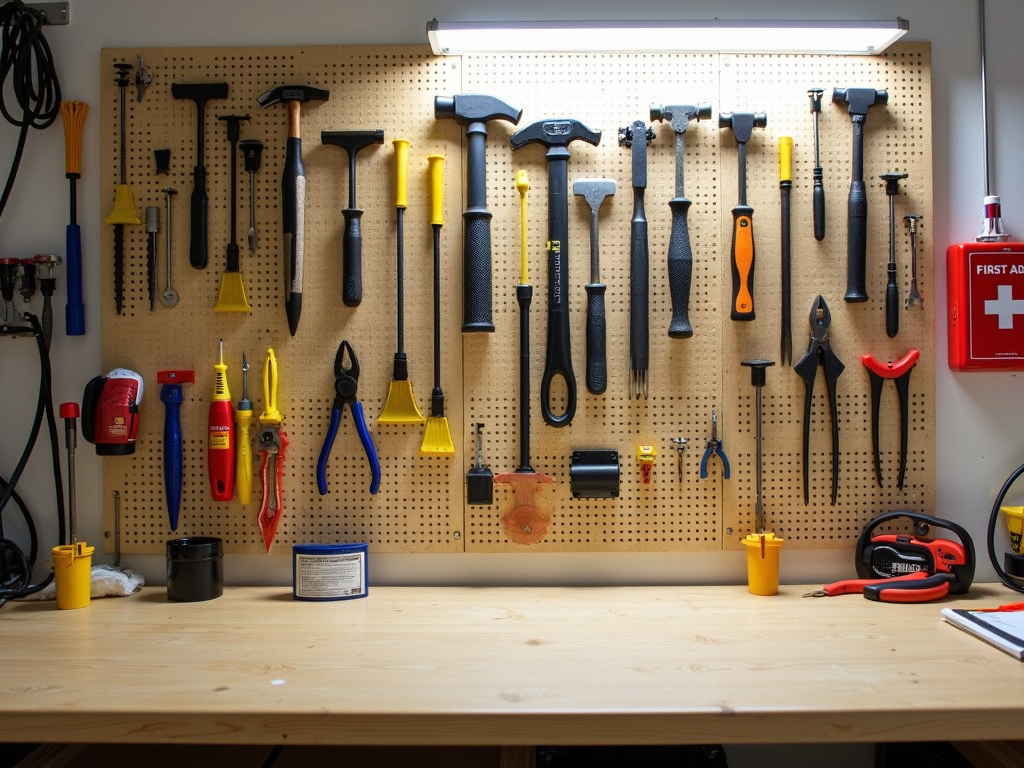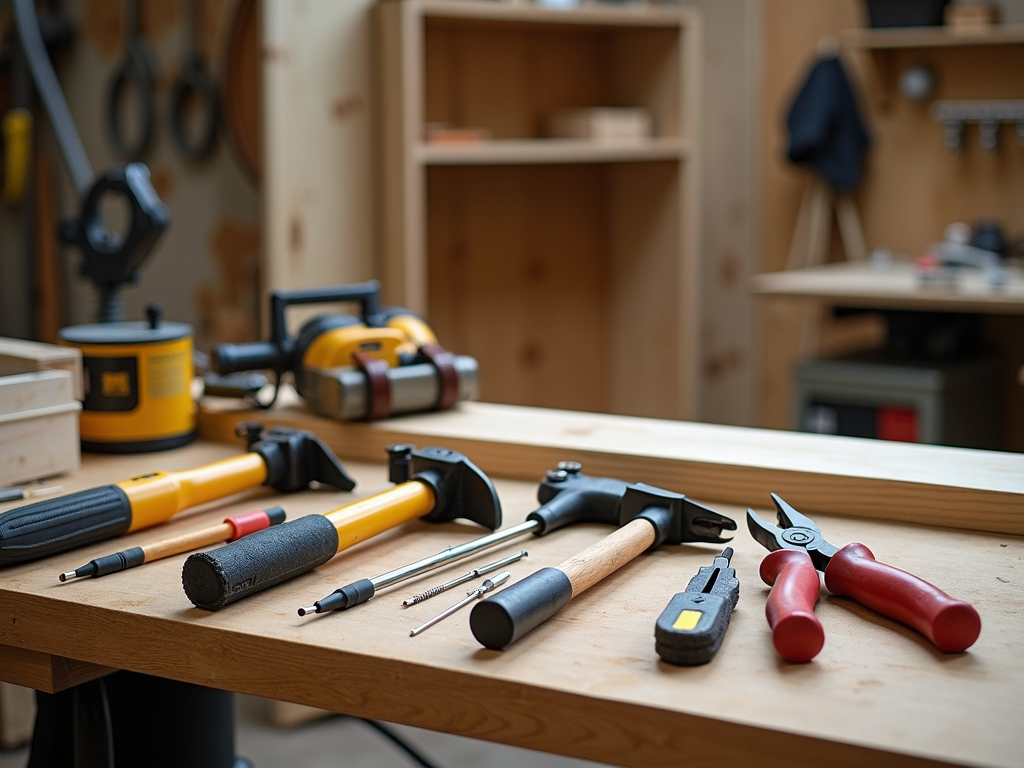A well-equipped workshop is the backbone of any successful DIY project or professional endeavor. Having the right tools not only makes tasks easier but also ensures safety and efficiency. In this article, we'll explore the top 10 must-have tools that every workshop should have, along with practical tips for organizing small workshops efficiently. Whether you're a seasoned professional or a weekend warrior, these insights will help you create a workspace that's both functional and inspiring.
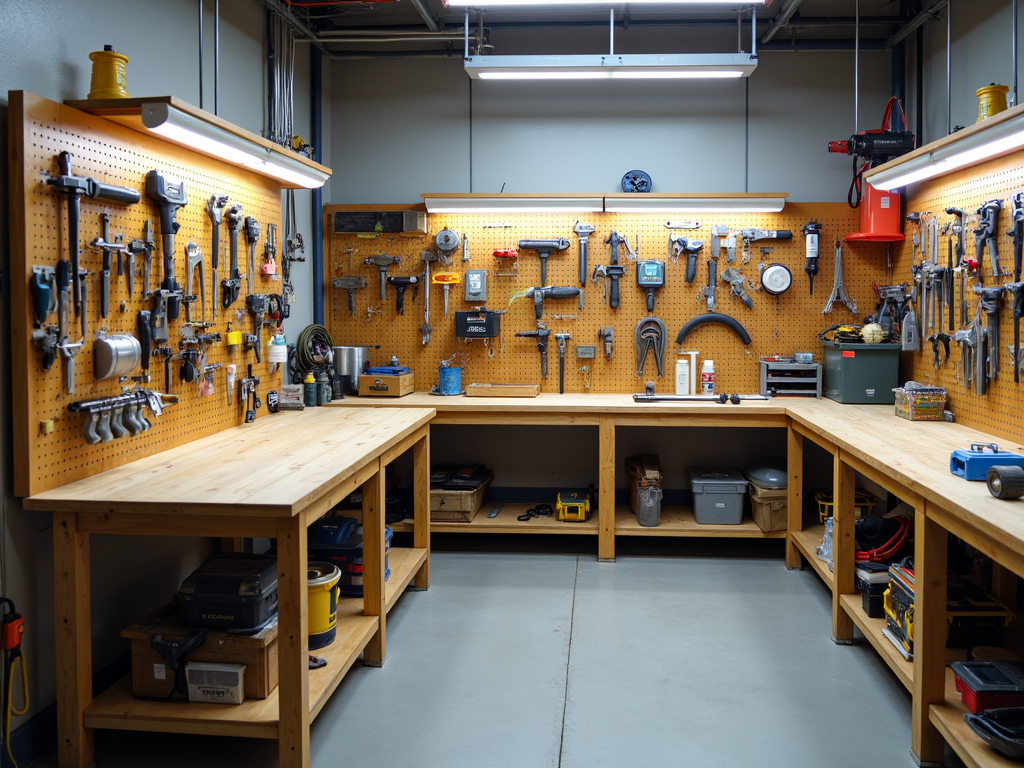
Let's dive into the essential tools that form the foundation of any well-stocked workshop.
1. Hammer
A hammer is the quintessential tool for any workshop. It's used for driving nails, fitting parts, and even demolition work. When selecting a hammer, consider a 16-ounce claw hammer for its versatility—it’s heavy enough for most tasks but not too cumbersome for extended use. Personally, I've found that a hammer with a fiberglass handle offers a good balance between durability and comfort.
2. Screwdriver Set
No workshop is complete without a reliable set of screwdrivers. Look for a set that includes both flathead and Phillips head screwdrivers in various sizes. Magnetic tips can be a game-changer, making it easier to handle small screws. Investing in a high-quality screwdriver set ensures that you have reliable tools that can withstand frequent use, whether you're a professional or a hobbyist.
3. Wrench Set
Wrenches are indispensable for tightening and loosening nuts and bolts. A comprehensive set should include both standard and metric sizes to cover a wide range of applications. Organizing your wrenches in a tool roll or socket organizer can save valuable time when you're in the middle of a project.
4. Pliers
Pliers are incredibly versatile, used for gripping, bending, and cutting. A good set should include needle-nose pliers for precision work, slip-joint pliers for general use, and locking pliers for when you need an extra-strong grip. I've often relied on locking pliers to remove stubborn bolts that refused to budge.
5. Tape Measure
Accurate measurements are crucial in any workshop. A sturdy tape measure with a locking mechanism is a must-have. Look for one with a magnetic tip, which can be particularly useful for measuring metal surfaces or in tight spaces. I prefer a 25-foot tape measure for its balance between length and portability.
6. Level
A level ensures that your projects are perfectly horizontal or vertical. Opt for a level with multiple vials for different orientations. To maintain accuracy, periodically check your level against a known flat surface. A small torpedo level can be handy for tight spaces, while a longer level is better for larger projects.
7. Utility Knife
A utility knife is essential for cutting a variety of materials, from cardboard to drywall. Choose one with a retractable blade for safety and a comfortable grip for extended use. Keeping spare blades on hand and changing them regularly will ensure clean cuts and reduce the risk of accidents.
8. Drill
A drill is a powerhouse tool for drilling holes and driving screws. For maximum flexibility, consider a cordless drill with variable speed and a keyless chuck. A high-quality cordless drill is a worthwhile investment for any workshop, offering power and convenience for a variety of tasks. For a detailed review of the best cordless drills, check out this article from Popular Mechanics.
9. Saw
Whether you're cutting wood, metal, or plastic, a saw is indispensable. For beginners, a handsaw is a great starting point, offering control and simplicity. As your skills progress, you might consider adding a circular saw or jigsaw to your arsenal for more complex cuts. Always prioritize safety by using the appropriate blade for the material and wearing protective gear.
10. Safety Gear
Speaking of safety, no workshop is complete without proper safety gear. Essential items include safety goggles to protect your eyes, gloves to shield your hands, and ear protection for noisy tools. According to the Occupational Safety and Health Administration (OSHA), proper safety gear is essential in preventing workshop accidents. I also recommend keeping a first-aid kit within easy reach. Remember, safety isn't just a checklist—it's a mindset that should permeate every aspect of your workshop activities.
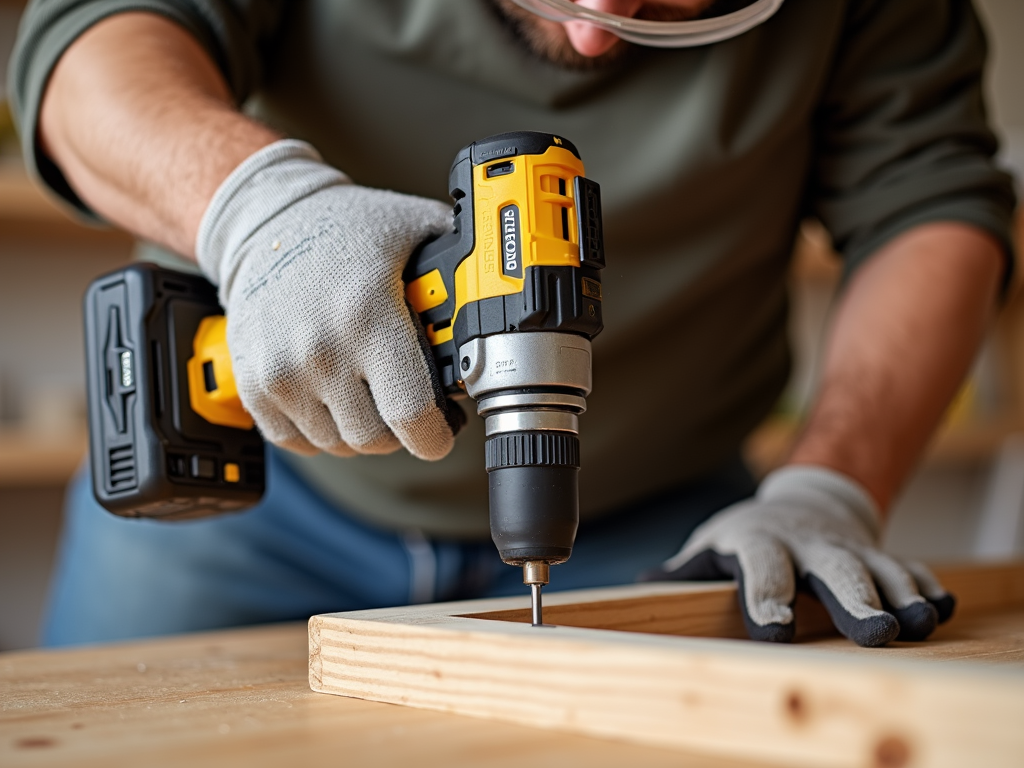
Now, let's talk about organizing your workshop efficiently, especially if space is limited.
Tips for Organizing Small Workshops Efficiently
-
Tool Storage Maximize your space with smart storage solutions. Pegboards are excellent for hanging tools, allowing you to see everything at a glance. For smaller items, consider using drawer organizers or magnetic strips. Labeling drawers or shelves can save you time searching for that elusive screwdriver.
-
Workspace Layout Design your workspace with efficiency in mind. Create dedicated zones for different tasks—such as a cutting area, an assembly area, and a finishing area. Keep frequently used tools within arm's reach to minimize unnecessary movement. If possible, position your workbench near a window for natural light, which can improve both your mood and your work quality.
-
Clean and Safe Environment A clutter-free workshop is a safer workshop. Implement a "clean as you go" policy to prevent debris from accumulating. Regularly inspect your tools for wear and tear, and address any issues promptly. Good lighting is also crucial—ensure your workspace is well-lit to reduce the risk of accidents and improve precision.
By following these tips, you can transform even the smallest space into a highly functional workshop.
Equipping your workshop with the right tools and organizing it efficiently are key to successful and enjoyable projects. The top 10 must-have tools—hammer, screwdriver set, wrench set, pliers, tape measure, level, utility knife, drill, saw, and safety gear—form the backbone of any workshop. Coupled with smart organization strategies, these tools will help you work more effectively and safely. Remember, a well-prepared workshop is not just about having the right equipment; it's about creating an environment where creativity and productivity can thrive.
Related Top 10 Must-Have Tools for Every Workshop:
- Advanced Techniques for Workshop Organization
- A Beginner's Guide to Workman Tools: Essentials, Toolboxes, and Safety Tips
- Essential Safety Checks for Power Tools
- How to Use a Multimeter for Beginners: A Step-by-Step Guide
- The Ultimate Guide to Mobile Storage Carts for Tools
- Ergonomic Power Drills for Reduced Fatigue: A Comprehensive Guide
- How to Set Up Your Workshop: A Comprehensive Guide
- Safety First: Essential Gear for Every DIY Enthusiast
- The Ultimate Guide to Workman Tools for Contractors
- The Ultimate Guide to Hand Tools Safety Guidelines
- Best Wrench Sets for Construction Workers: Top Picks for 2023
- DIY Projects: How to Choose the Right Tools for the Job
